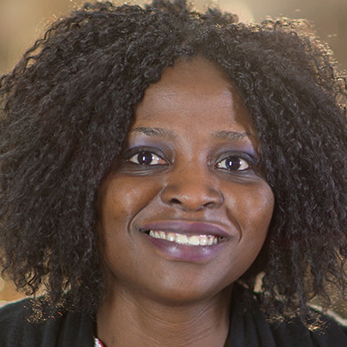- Home
- Academics
- Program Overview
- Sociology
Sociology
Understand economic, social, and political phenomena in terms of social structures, group relations, and power differences. Explore topics from race, ethnicity, class, and gender, to family dynamics, work, and the connection between identity and ownership.
Related career paths
Students with a concentration in sociology may enter into such fields as counseling, corrections, criminal justice, education, personnel, social work, rehabilitation, urban planning and social research.
Curriculum
The field of sociology and the study of work as an institution are deeply connected, especially in the aftermath of the Industrial Revolution. This course will selectively draw on this rich history in order to explore major theories, methods for studying work, and debates within the context of the United States. We will begin with a survey of a number of ways of organizing human effort in society: slavery, indentured servitude, household production, scientific management, service work, and unpaid reproductive labor, to name a few. Some issues that will concern us in this course include: the evolution of notions of selfhood with shifts in regimes of work, the construction of specific occupations/jobs, modes of disciplining workers, the relationship between work and labor in capitalism, collective responses to labor in capitalism, labor unions, migrant and guest workers, globalization, race-gender inequality in the workplace and the labor market, and alternative visions for the future of work. Prerequisites for the 200-level class are one 100+ level Social Studies or African American Studies course or permission of the instructor. Prerequisites to take the 300-level class are one 200+ level Social Studies or African American Studies course or permission from the instructor.
Course spotlight

Sociology 227/327: Sociology of Work
Work occupies a significant portion of most people’s adult life. It is a critical institution in shaping key social outcomes such as access to healthcare, income, educational attainment, quality of childcare, retirement prospects, and one’s overall quality of life.
Faculty Profile

Seeing Students as “Kindred Spirits”.
Francisca Oyogoa
Professor of Sociology and African American Studies